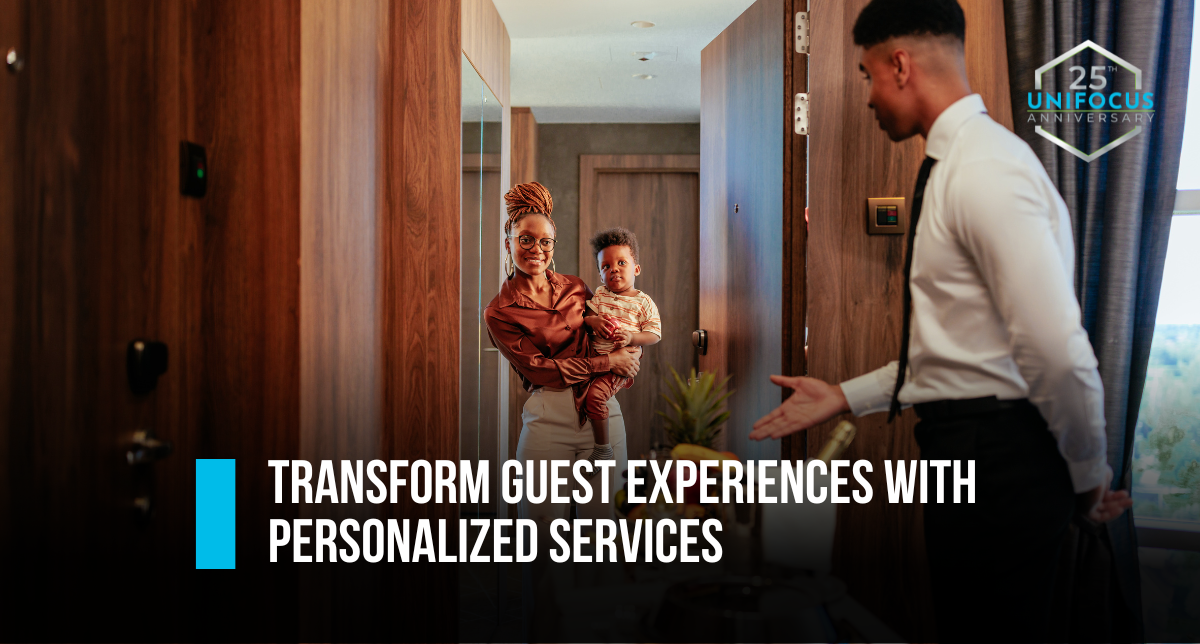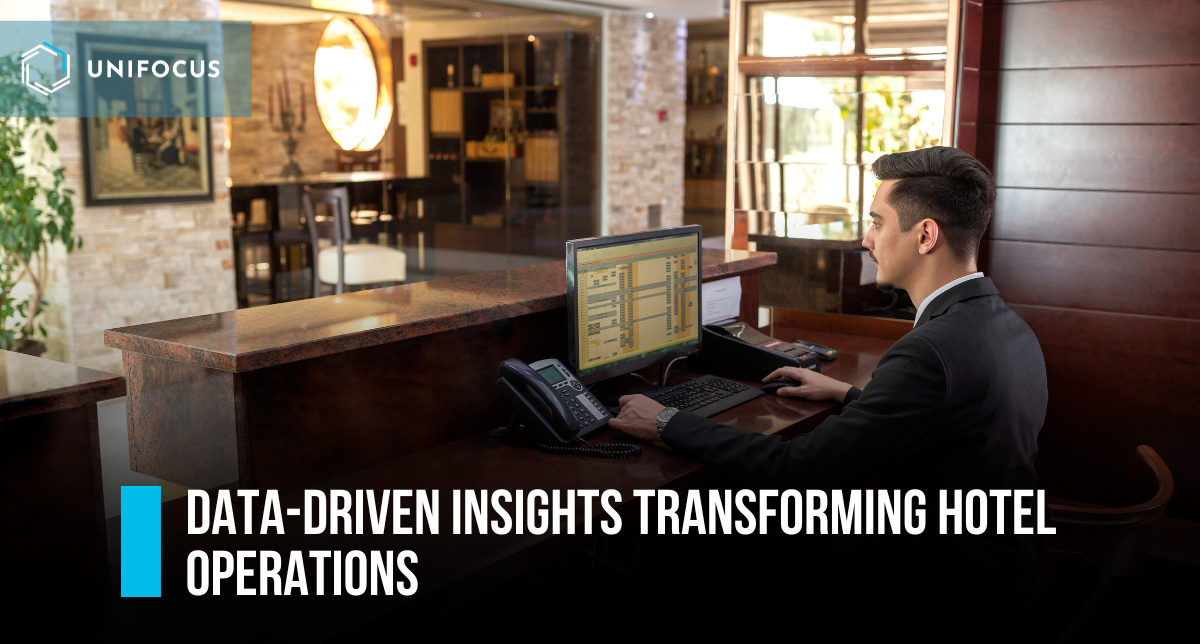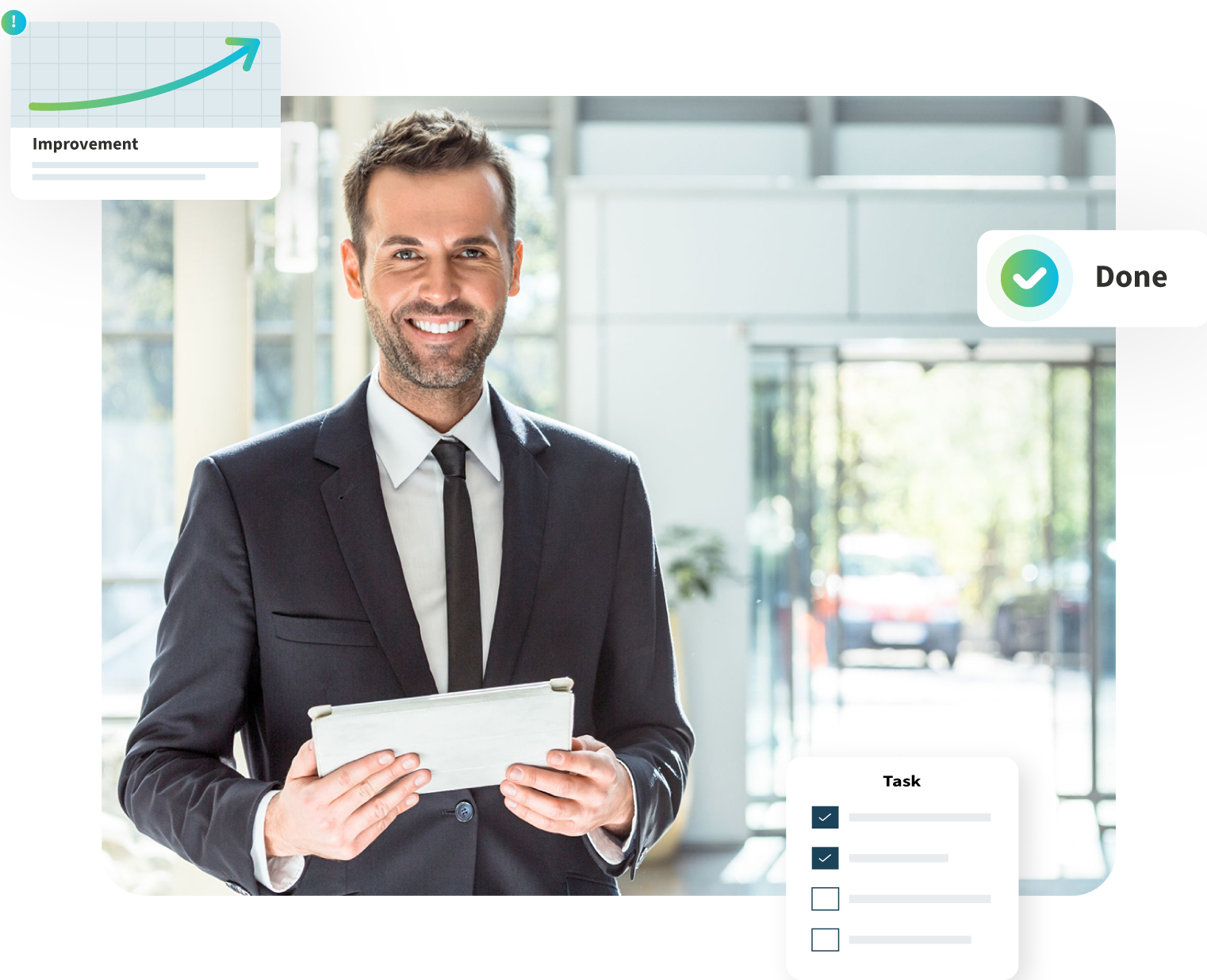The hotel industry is experiencing a transformative shift as consumer preferences evolve towards more personalized and unique experiences. This change is largely driven by the rise of 'bleisure' travel and the demand for experiential luxury travel, necessitating hotels to adapt their offerings and operations to meet these new expectations. According to Deloitte's 2024 Travel Industry Outlook, adapting to these changes is essential for maintaining competitiveness.
Evolution of Consumer Preferences
Consumer preferences in the hotel industry have significantly evolved, with a growing demand for more personalized and unique experiences. This shift is influenced by the increasing popularity of 'bleisure' travel and experiential luxury travel. Deloitte's 2024 Travel Outlook highlights the importance of these trends for the future of hospitality.
- Personalized Experiences: Guests seek tailored and unique experiences.
- Experiential Luxury: Focus on authenticity and quality over traditional luxury.
- Bleisure Travel: Combining business and leisure in one trip.
Rise of 'Bleisure' Travel
The concept of 'bleisure' travel, where professionals blend work and leisure activities, is gaining traction. Hotels must provide facilities that cater to both professional needs and leisure activities to attract and retain these guests.
- Professional Amenities: Meeting rooms, reliable Wi-Fi, business centers.
- Leisure Amenities: Wellness centers, local excursions, entertainment options.
Checklist for Catering to Bleisure Travelers:
- Ensure high-speed internet and business facilities.
- Offer wellness and recreational activities.
- Provide flexible check-in/check-out options.
- Integrate local cultural experiences into the stay.
Demand for Experiential Luxury Travel
Experiential luxury travel emphasizes authentic and unique experiences over traditional luxury offerings. This trend is especially popular among younger travelers who seek meaningful and memorable interactions during their trips.
- Authenticity: Offering local cultural experiences.
- Unique Amenities: Customized and one-of-a-kind services.
- Personalized Services: Tailoring experiences to individual preferences.
Versatile Workforce for Personalized Services
To meet evolving consumer demands, hotels need a versatile workforce capable of delivering hyper-personalized services. This involves enhanced training, cultural sensitivity, and technology integration. Deloitte’s report on labor requirements discusses the importance of workforce versatility in adapting to new market demands.
- Enhanced Training Programs: Equip staff to anticipate and meet guest needs.
- Cultural Sensitivity and Local Knowledge: Ensure employees can offer authentic local experiences.
- Technology Integration: Use AI and mobile apps for personalized and efficient service delivery.
Checklist for Workforce Development:
- Implement comprehensive training programs.
- Foster cultural awareness and local knowledge.
- Leverage technology for service enhancement.
Adapting the Labor Pool
Adapting the labor pool to meet new demands involves several strategic changes, including revised recruitment strategies, flexible work arrangements, career development opportunities, and innovative job roles.
- Revised Recruitment Strategies: Attract talent with diverse skill sets.
- Flexible Work Arrangements: Offer schedules that appeal to younger workers.
- Career Development Opportunities: Highlight paths for growth and advancement.
- Innovative Job Roles: Redefine roles to focus on experiential aspects of hospitality.
Technological Enhancements
Technology plays a crucial role in supporting changes in the hotel industry. Implementing advanced systems for guest management, using AI for personalized recommendations, and integrating digital tools for efficient service delivery can significantly enhance the guest experience.
- Guest Management Systems: Streamline operations and improve service.
- AI Integration: Provide personalized guest experiences.
- Digital Tools: Enhance service efficiency and convenience.
Checklist for Technological Integration:
- Implement advanced guest management systems.
- Use AI to personalize guest interactions.
- Integrate mobile apps for seamless service requests.
- Balance technology with human interaction.
Strategic Recommendations
To navigate these trends effectively, hotels should:
- Invest in Comprehensive Training: Develop programs for personalized service and cultural sensitivity.
- Leverage Technology: Use AI and digital tools to enhance service delivery without compromising the personal touch.
- Promote Career Growth: Create clear pathways for advancement to attract and retain a skilled workforce.
- Focus on Flexibility: Offer flexible work arrangements to meet the needs of a younger, dynamic workforce.
By understanding and adapting to market and consumer trends, hotels can better meet the evolving demands of their guests. Implementing these strategic recommendations will help hotels attract and retain talent, enhance guest experiences, and maintain operational efficiency in a competitive market.







